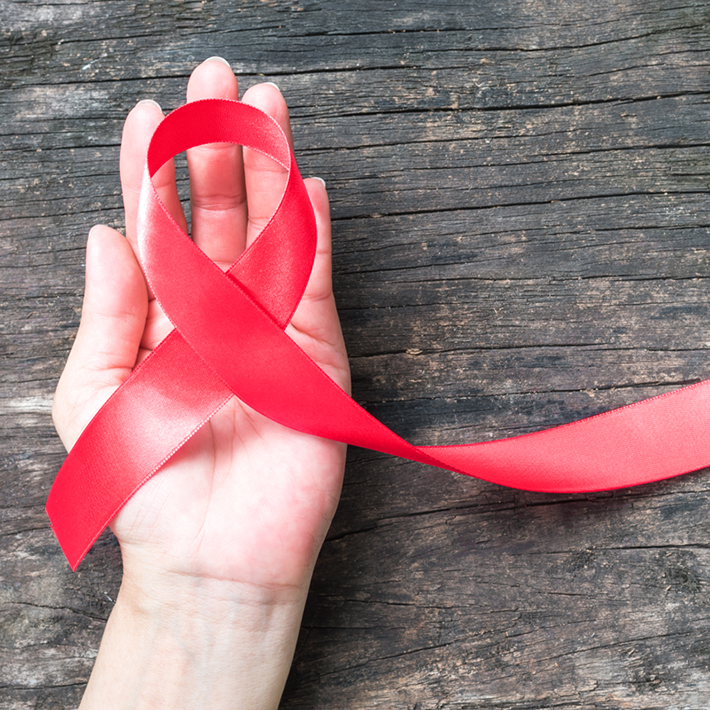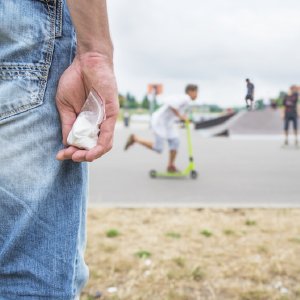Ten Things Parents Can Do Right Now to Reduce the Chance of Drug Abuse

The majority of parents want with all their hearts for their children to grow up drug free, healthy and successful. But this task has never been more difficult. With marijuana legalization in many states, there’s more availability of this drug. Doctors still distribute tens of millions of pain pills each year. And there’s a long list of drugs that can easily be purchased online. Frankly, much of the job of keeping youth drug-free these days is in the hands of parents.
Here’s ten actions parents should start doing right now to reduce the chance that their children will use drugs or engage in underage drinking.
- Start now to educate yourself about all the drugs your children may encounter so you know more about them than they do. You can start using the Narconon International website for this information. This page has links to drug information you need.
- If your children are eight years old or above, start now establishing an understanding that drug use is not permitted and why. Obviously, you need to scale your discussions down to the most simple form for young children. Let them ask questions and be sure to provide or find answers to every question they ask so they will come to you with later questions, too.
- Be very clear that you expect your children to remain 100% drug free and free from any underage alcohol use. The clearer and firmer you are, the better the chance that your children will get the message and avoid drugs and underage drinking. There’s no guarantees, but surveys show this clarity does have a positive effect.
- In every conversation, refrain from exaggerating the dangers or misrepresenting the effects of drugs. If you make claims your children can’t verify when they see people using drugs, they will tend to discount your lessons in full.
- In your formal conversations and in more casual times, invite your children to ask questions about drugs or alcohol use they may have seen, without being critical or accusative. Find answers to their questions or research them together.
- Educate your children that ”peer pressure” can be as subtle as wanting to be like their friends or simply have fun like they seem to be having. Help your children work out “escape clauses,” what they can say at those moments to get out of joining in, without inviting ridicule or teasing.
- Monitor and minimize your child’s exposure to drug advertising or drug or excessive alcohol use in movies or television. Also, use some of the exposure that does occur as “teaching moments” to discuss the hazards of use.
- If you have not already done so, make sure your child knows that they can call you for a ride home any time, day or night, no distance too great, if they find themselves someplace that drugs are being used or where alcohol is being consumed by underaged individuals. And then when you go pick them up, make it safe for them to have made that call by not criticizing them for ending up there. (A later review of how they got into that situation might be good, along with whatever action you think is wise to ensure those underage drinkers can get home safely.)
- Set a good example for your children by never allowing any illicit drug use in your home and by keeping prescription drug or alcohol use at minimal levels. This means you might need to address any excessive drinking at a backyard barbecue or holiday party, for example. Your children will learn from your actions. Getting your child’s help to phone 911 to provide information on possible drunk drivers likewise provides a lesson.
- Keep pills, cough medicines, alcohol and medications locked up. Don’t overlook alcohol out in the garage, in the second refrigerator or on shelves, or the pills at the bedside of a sick or injured family member or in the home of a recently deceased family member. It may seem like overkill and it’s definitely inconvenient, but those who are addicted (could be a neighbor, tradesman or other visitors) know where to look. They will check your medicine cabinet while using your bathroom, climb your fence to look in the garage, or make a beeline to grandma’s house after she passes away. Keep these substances out of their hands by locking them up when not in use.
It may seem like a lot of work, but any parent who has been through years of addiction and repeated overdoses with a child knows the pain, fear, and expense of their child’s recovery. Prevention is easier and vastly less costly in spiritual, physical and financial terms.


 ®
®